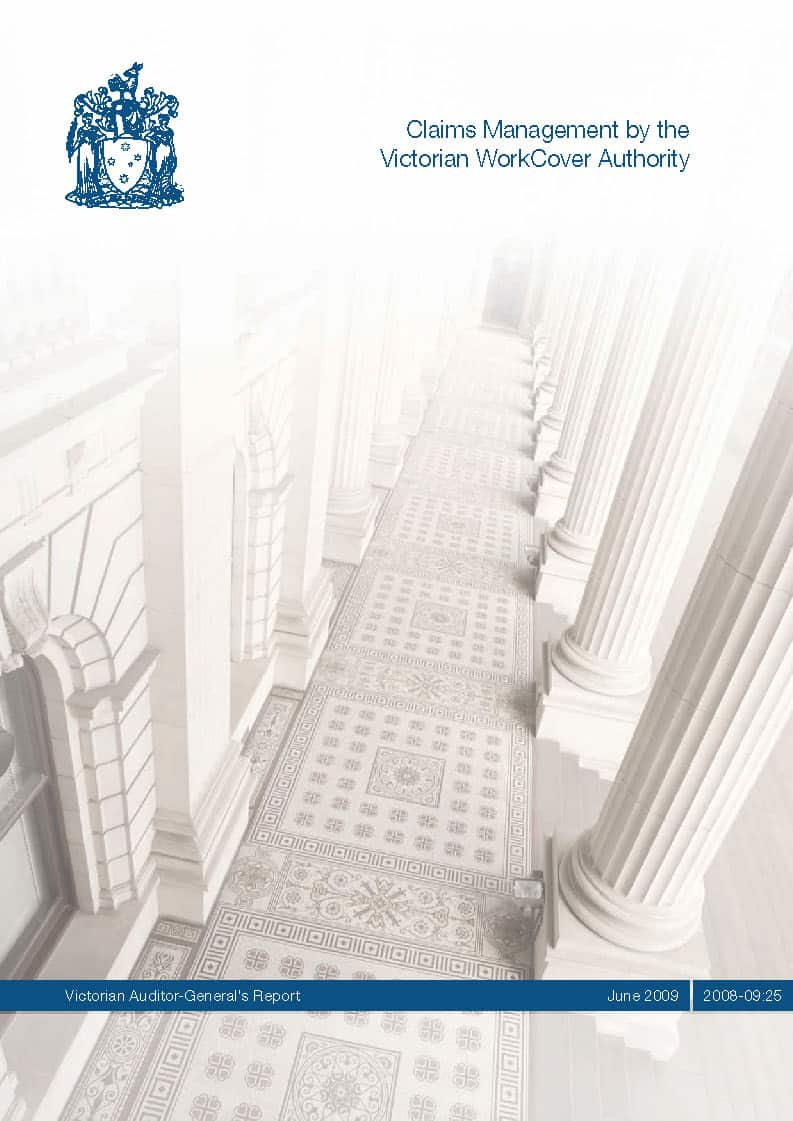The July 25 2007 SafetyAtWork podcast is now available for download. It includes an interview with Michael Licenblat where we discuss the psychological approach to individuals taking control of their own safety, the benefits of wellbeing programs and the changing workplace.
On listening back to the podcast today, I was struck by several issues he raises:
- Michael is one of the few wellbeing gurus who directly link the management of stress to the productivity of the worker. He displays more awareness than many others of the “proactive” OHS context of this approach to human capital.
- He discusses why it is difficult for all of us to say no to some work tasks, even if the task is high risk and may injure ourselves and others.
- He states two core elements of workplace cultures that seem to revolve around the established OHS obligation of consultation. Perhaps OHS managers can become real agents of change by cranking up consultation.


